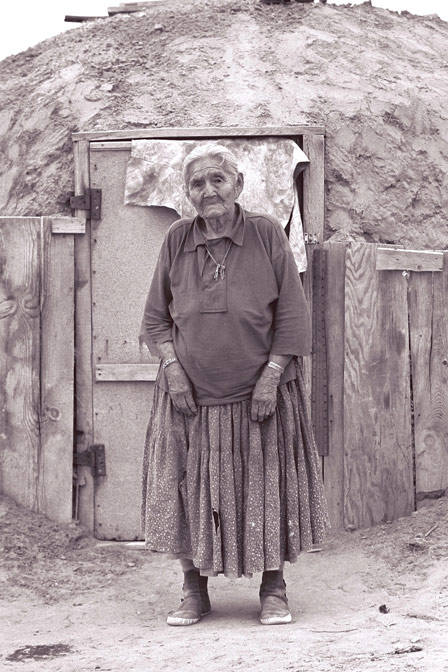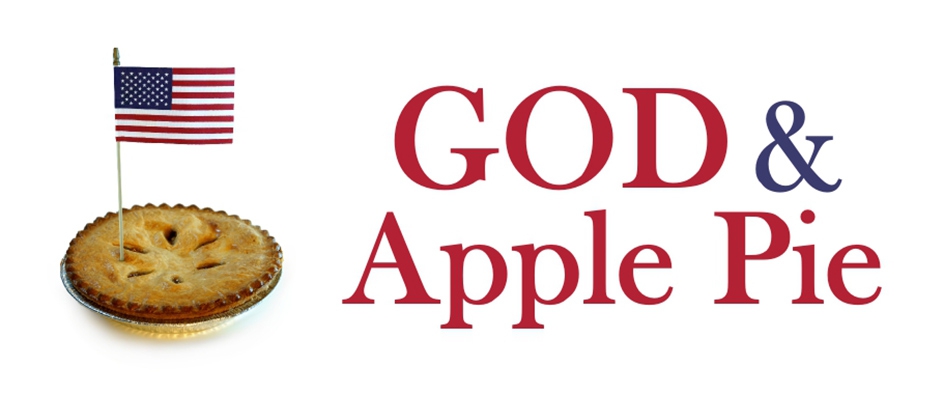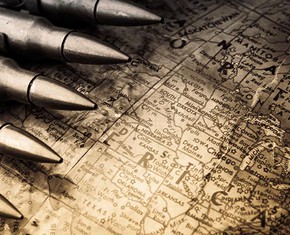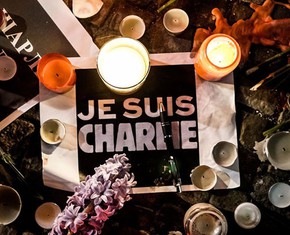The views expressed in our content reflect individual perspectives and do not represent the authoritative views of the Baha'i Faith.
The American people are indeed worthy of being the first to build the Tabernacle of the Great Peace, and proclaim the oneness of mankind. . . . For America hath developed powers and capacities greater and more wonderful than other nations. . . . Its future is even more promising, for its influence and illumination are far-reaching. It will lead all nations spiritually. — Abdu’l-Baha (1912)(1912), qtd. in Shoghi Effendi, Advent of Divine Justice, pp. 85–86.
The Fourth of July gives pause for thought. That’s one reason it’s a holiday. Independence Day is a perfect time to reflect on what it means to be an American today, on what the “idea of America” is (or should be), on what America’s “world role” should (or should not) be, and—for those of us who are card-carrying Americans—on how you and I each can make a small difference.
This is a “God and country” book about the idea of America, from a variety of religious viewpoints. Since the American vision of itself, as a nation conceived in both freedom and faith, has had such an impact—not just on America but on the world—I tried to explore that fascinating dynamic in God and Apple Pie. Of course, the Baha’i Faith is included in this survey: “Baha’i Myths and Visions of America,” Chapter 12 of the book.
If you’re interested, please join us in an online course, on God & Apple Pie. Yes, there’s still time! Although this course just started last Sunday (May 10, 2015), you can still enroll — for up to a week or so to come.
On Sunday, May 3, 2015, I gave a web talk on God & Apple Pie for the 20th Anniversary of the Wilmette Institute. There’s an online video of the talk, as well as a PowerPoint presentation.
The best summary of God & Apple Pie that I know of comes from its Introduction by J. Gordon Melton, the Distinguished Professor of American Religious History at Baylor University. Here’s an excerpt:
Far from being an interesting additional topic for the religious dilettante, the discussion around the theological reality that is America, periodically bursts forth as an important item on the nation’s agenda, from the place of prayer services in the White House, to the issuance of an annual government report on religious persecution, to the rise of contemporary terrorism. As one traces radical Islam, for example, one arrives at the writings of one Sayyid Qutb, an Egyptian who spent some of his younger years in America, and came away with his own vision of a country mired in sin and decadence. He would posit America as the image of everything he hoped to escape in promoting the agenda of the Muslim Brotherhood.
During his years of observation and research, Buck has surveyed the spectrum of visions of America that have energized and motivated the America’s religious community, and has selected from among them a sample that both (1) represents the spectrum of opinion about America and its importance, and (2) highlights the more important visions of America that have shaped and are continuing to shape the way we understand this country we call home. His work calls us to become self-conscious about the assumptions we use in our day-to-day movements that massage the ways we approach our neighbors, our colleagues at work, and the politicians for whom we vote.

Buck begins with the visions of America present at the founding of the nation, aspects of which still strongly permeate the culture today, and have found a new home among conservative Protestants in their innovative idea of Christian America. Amid the Protestant context, we often forget the role of the Roman Catholic Church, which became the largest religious body in America in the 1840s and is now three times larger than its nearest competitor. At the end of the nineteenth century, a controversy on Americanism would erupt around Catholic visions of their place in a changing world that would drive it from participation in the nation’s public square for a half-century, and molded its reentrance after World War II.
And then there are all the other-than-Christian religions, from Ahmadiyya Muslims to Zoroastrians, all of which possess their own vision of America that shapes their appropriation of life in the United States and guides their development as their place in the nation was challenged, then accepted, and most recently affirmed and even celebrated by the nation as a whole. We have watched as Buddhists have carved out a place as cultural peacemakers, Muslims have struggled with separation of religion and government, and Baha’is have tried to understand the communication of their founder, Baha’u’llah, with the presidents of the Americas collectively, and with Abdu’l-Baha’s statements about the destiny of America in particular. All of this occurs in the ebb and flow of religious life. One day we envision the possible unity of America’s religions only to be thrown up against the many harsh divisions, which motivates us once more to seek realms of agreement, which again highlights the array of issues that can drive wedges between those who accept the label “American” as part of their self-identity.In conclusion, I can, as a scholar, reflect on the contribution that this book, God and Apple Pie: Religious Myths and Visions of America, is making to our understanding of the American mosaic and how various segments of the religious community have found their way to being American. As an informed citizen I welcome its information that allows me to empathize with and make informed decisions relative to those with whom I might align (or oppose) as I sally forth in the public square. And on a personal level, I welcome the author’s invitation for me to meet anew the residents of my neighborhood, those who shop in the same stores I do, send their children to the same schools my grandchildren attend, and diligently work toward their own appropriation of the American dream.
I hope you’ll check it out, in print or in the online course.
If any problems registering online, you can contact the Wilmette Institute directly by emailing Robert Stockman, Director, at [email protected], or by calling 877-945-6388, or by writing to: Wilmette Institute, Baha’i National Center, 1233 Central Street, Evanston, IL 60201.
















Comments
Sign in or create an account
Continue with Googleor